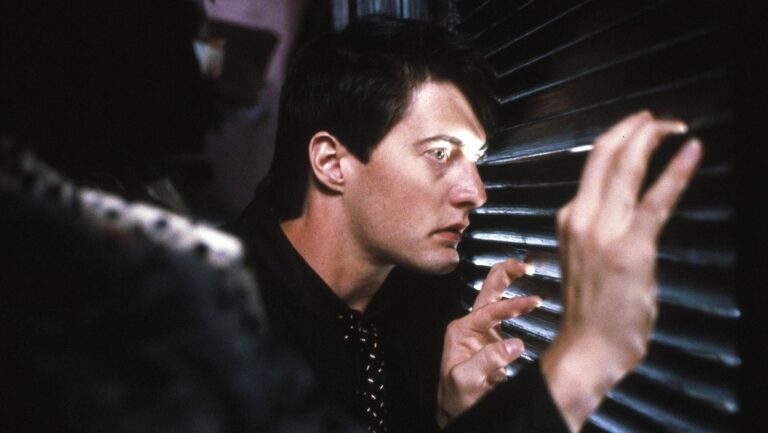
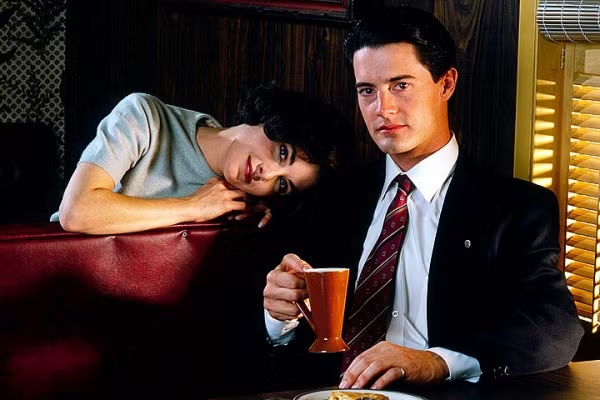

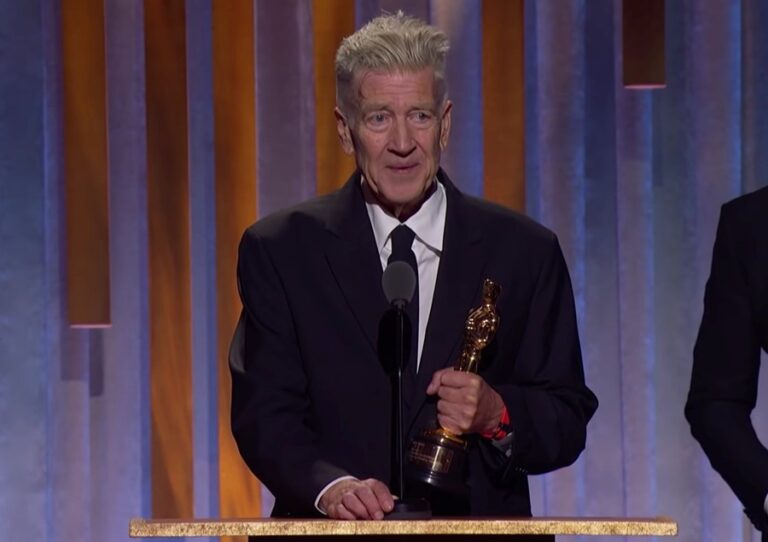
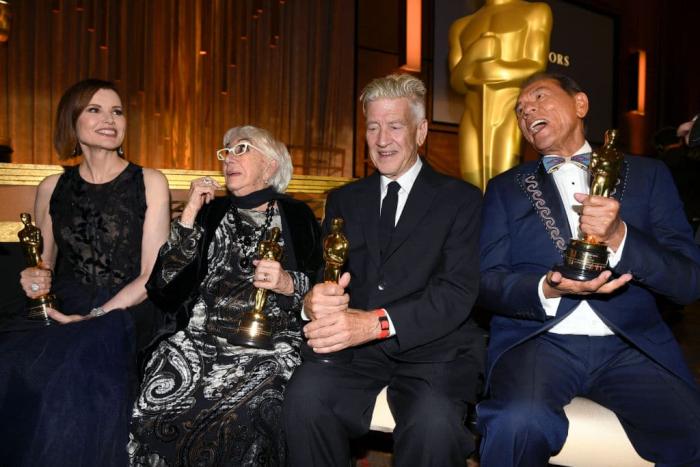
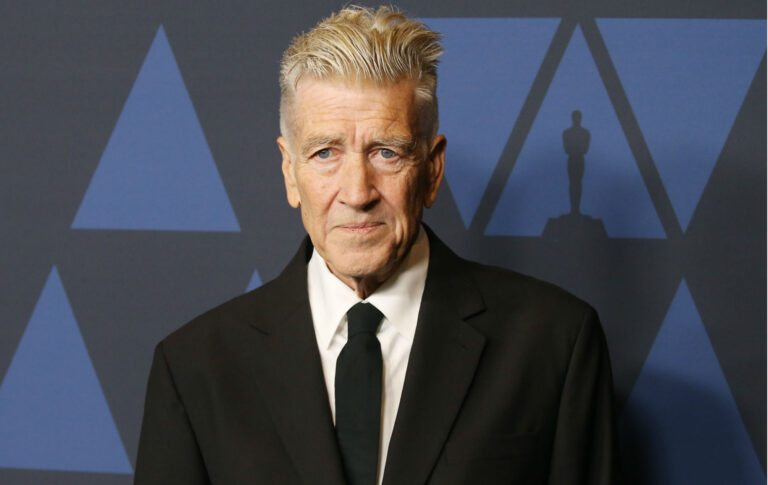
David Lynch: Visionary Director of ‘Twin Peaks has passed away at the age of 78. Known for groundbreaking works like Blue Velvet, Mulholland Drive, and Twin Peaks, Lynch redefined narrative art with his unique vision. His death was announced by his family, who paid tribute with his own iconic words, “Keep your eye on the donut and not on the hole.”
The Early Life of a Creative Genius
Born on January 20, 1946, in Missoula, Montana, Lynch grew up across various regions in the United States. The son of a research scientist, his formative years were spent exploring painting, a passion that later evolved into filmmaking. After brief stints at art schools, Lynch enrolled at the Pennsylvania Academy of Fine Arts, where he began experimenting with animation and live-action films, setting the stage for his illustrious career. David Lynch: Visionary Director of ‘Twin Peaks
The Birth of a Cult Filmmaker
Lynch’s debut feature film, Eraserhead (1977), a haunting exploration of psychological despair, became a midnight movie sensation. Despite its unsettling themes and style, it caught the attention of Hollywood, leading Mel Brooks to offer Lynch his first mainstream project, The Elephant Man (1980). The film was a critical and commercial success, earning eight Academy Award nominations, including Best Director for Lynch.
Revolutionizing Cinema and Television
While Lynch faced setbacks, such as the commercial failure of Dune (1984), he found his stride with Blue Velvet (1986), a chilling dive into the underbelly of small-town America. The film cemented his reputation as a daring filmmaker willing to explore taboo subjects.
In 1990, Lynch turned to television with Twin Peaks, a series that blended mystery, surrealism, and unconventional storytelling. It became a cultural phenomenon, redefining episodic TV with its haunting exploration of small-town secrets and the murder of Laura Palmer. Though its second season faltered, Twin Peaks left an indelible mark on television, influencing shows like True Detective.
Pushing Boundaries with Every Project
Throughout his career, Lynch continued to push creative boundaries. From the violent and surreal road movie Wild at Heart (1990) to the psychological labyrinth of Mulholland Drive (2001), he crafted films that blurred the line between reality and fantasy. His films often delved into themes of duality, transformation, and the human psyche.
Recognition and Legacy
Lynch received numerous accolades, including an honorary Oscar in 2020, a Golden Lion at the Venice Film Festival, and the Palme d’Or at Cannes for Wild at Heart. Beyond filmmaking, he was a prolific painter, musician, and advocate for transcendental meditation through his David Lynch Foundation.
An Enigmatic Storyteller to the End
Lynch’s work often defied easy interpretation, as he famously stated, “Mysteries would become apparent and thrill you. We all find this book of riddles, and it’s just what’s going on.” His refusal to explain his art allowed viewers to interpret his work uniquely, making him a singular figure in cinematic history.
A Multifaceted Creator
In addition to his films, Lynch contributed to the world of art, music, and even coffee. He created music videos, exhibited his paintings internationally, and lent his name to a graduate school for cinematic arts.
A Personal Life Marked by Creativity
Lynch was married four times and leaves behind two daughters and two sons. His family’s heartfelt announcement reflects the profound impact he had on those close to him and the world at large.
The Enduring Impact of David Lynch
David Lynch’s work continues to inspire filmmakers, artists, and audiences worldwide. His fearless approach to storytelling and his ability to explore the darkest recesses of the human experience have secured his place as one of the most influential figures in the history of cinema and television.
As Lynch’s fans mourn his loss, his legacy lives on through his work, which invites viewers to embrace the mysteries of life and keep their “eye on the donut, not on the hole.”



